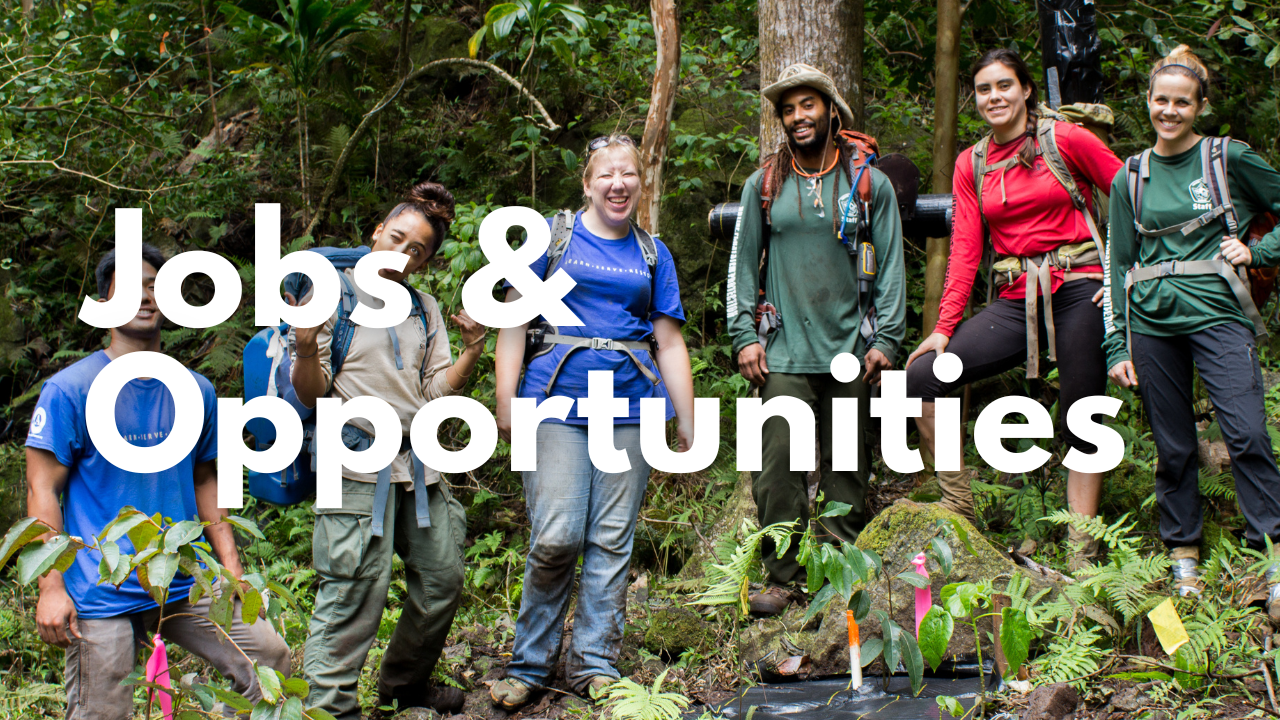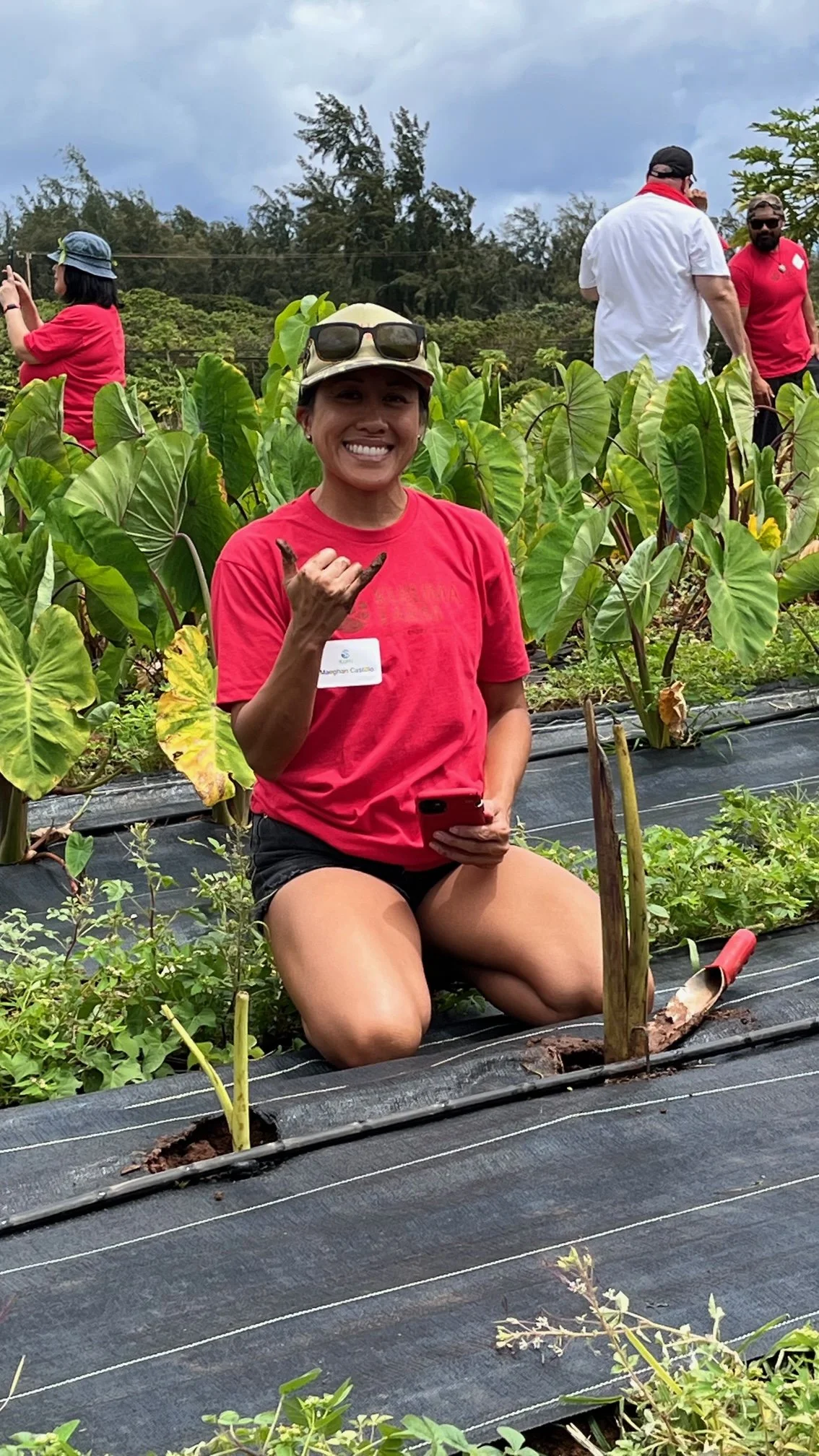“`html
Environmental education Jobs in Hawaii: A Comprehensive Guide
Hawaii, a tropical paradise renowned for its breathtaking landscapes and unique biodiversity, faces a multitude of environmental challenges. From climate change and plastic pollution to invasive species and habitat loss, the islands require dedicated individuals passionate about protecting their fragile ecosystems. This is where environmental education (EE) plays a crucial role, empowering communities to understand, appreciate, and actively participate in conservation efforts. If you’re seeking a fulfilling career in this field, Hawaii offers a diverse range of opportunities.
What is Environmental Education?
Environmental education goes beyond simply teaching about nature. It’s a multidisciplinary approach that fosters critical thinking, problem-solving, and responsible decision-making related to environmental issues. EE aims to develop environmentally literate citizens who understand the interconnectedness of human and natural systems and are motivated to take action for a sustainable future. It encompasses various methods, including hands-on activities, outdoor experiences, community engagement, and curriculum integration.
Why is Environmental Education Important in Hawaii?
Hawaii’s unique environment makes it particularly vulnerable to various threats. The islands’ isolation has led to the evolution of endemic species found nowhere else on Earth, making them especially susceptible to invasive species. Climate change is causing rising sea levels, threatening coastal communities and ecosystems. Plastic pollution washes ashore on Hawaii’s beaches, harming marine life and impacting tourism. Effective environmental education is crucial to address these challenges and instill a sense of stewardship among residents and visitors alike.
Types of Environmental Education Jobs in Hawaii

The field of environmental education in Hawaii offers a wide array of career paths, catering to diverse interests and skill sets. Here are some common types of EE jobs you might find:
Educator/Interpreter
These professionals work in various settings, such as nature centers, botanical gardens, schools, and parks, delivering educational programs to diverse audiences. They might lead guided hikes, conduct workshops, develop curriculum materials, or create interpretive displays. Strong communication skills, knowledge of natural history, and the ability to engage learners of all ages are essential.
Conservation Education Specialist
Working with conservation organizations or government agencies, these specialists develop and implement educational strategies related to specific conservation issues, such as endangered species protection or watershed management. They might conduct community outreach, organize volunteer events, or collaborate with schools to integrate conservation themes into their curriculum.
Environmental Education Coordinator
These coordinators often oversee EE programs for organizations or institutions. Their responsibilities might include program development, budget management, staff supervision, and evaluation. They need strong organizational skills, experience in program management, and a deep understanding of environmental issues.
Outdoor Education Instructor

These instructors lead outdoor activities for groups of all ages, fostering an appreciation for nature and promoting environmental awareness. They might lead kayaking trips, teach wilderness survival skills, or facilitate team-building activities in natural settings. Experience in outdoor recreation and a passion for sharing their love of nature are crucial.
Environmental Education Researcher
These researchers investigate the effectiveness of EE programs and explore new approaches to environmental education. They might conduct studies on how to best engage different audiences or evaluate the impact of EE on environmental behavior. Strong research skills and a background in environmental science or education are necessary.
Where to Find Environmental Education Jobs in Hawaii
Several organizations and agencies in Hawaii offer environmental education jobs. Here are some key places to look:
Government Agencies
The Hawaii Department of Land and Natural Resources (DLNR), the Department of Education (DOE), and the Environmental Protection Agency (EPA) often have EE-related positions.
Non-profit Organizations
Numerous non-profits in Hawaii focus on environmental conservation and education, such as the Sierra Club of Hawaii, the Nature Conservancy, the Hawaii Audubon Society, and the Surfrider Foundation.
Educational Institutions
Schools, universities, and community colleges often hire environmental educators to teach courses, lead field trips, or develop educational programs.
Zoos and Botanical Gardens
The Honolulu Zoo, the Maui Tropical Plantation, and various botanical gardens across the islands offer opportunities for environmental educators and interpreters.
Other Organizations
Hotels, resorts, and tourism companies are increasingly recognizing the importance of environmental education and may offer related positions.
Tips for Landing an Environmental Education Job in Hawaii
The environmental education field in Hawaii can be competitive, so it’s essential to stand out from other applicants. Here are some tips to increase your chances of landing a job:
Gain Experience
Volunteer with environmental organizations, intern at nature centers, or participate in citizen science projects to gain practical experience in the field.
Develop Relevant Skills
Enhance your communication, teaching, and leadership skills. Consider obtaining certifications in areas such as first aid, CPR, or wilderness first responder.
Network
Attend environmental conferences, workshops, and community events to connect with professionals in the field and learn about job opportunities.
Tailor Your Resume and Cover Letter
Highlight your relevant skills and experience, and demonstrate your passion for environmental education in Hawaii.
Be Persistent
Don’t get discouraged if you don’t get the first job you apply for. Keep networking, gaining experience, and refining your application materials.
The Future of Environmental Education in Hawaii
As Hawaii continues to face environmental challenges, the need for effective environmental education will only grow. The future of EE in Hawaii will likely involve:
Integrating Technology
Using technology to enhance learning experiences, such as virtual field trips, interactive simulations, and online resources.
Community-Based Education
Empowering local communities to take ownership of environmental issues and participate in conservation efforts.
Place-Based Learning
Connecting learners to their local environment through hands-on activities and outdoor experiences.
Interdisciplinary Approaches
Integrating environmental education with other subjects, such as science, math, and social studies.
Conclusion
A career in environmental education in Hawaii offers a unique opportunity to combine your passion for the environment with your desire to make a difference. By empowering individuals and communities to become stewards of the land, environmental educators play a vital role in protecting Hawaii’s precious ecosystems for future generations. If you’re ready to embark on this rewarding path, start exploring the diverse job opportunities available and prepare yourself to contribute to a more sustainable Hawaii.
“`
environmental education jobs hawaii
